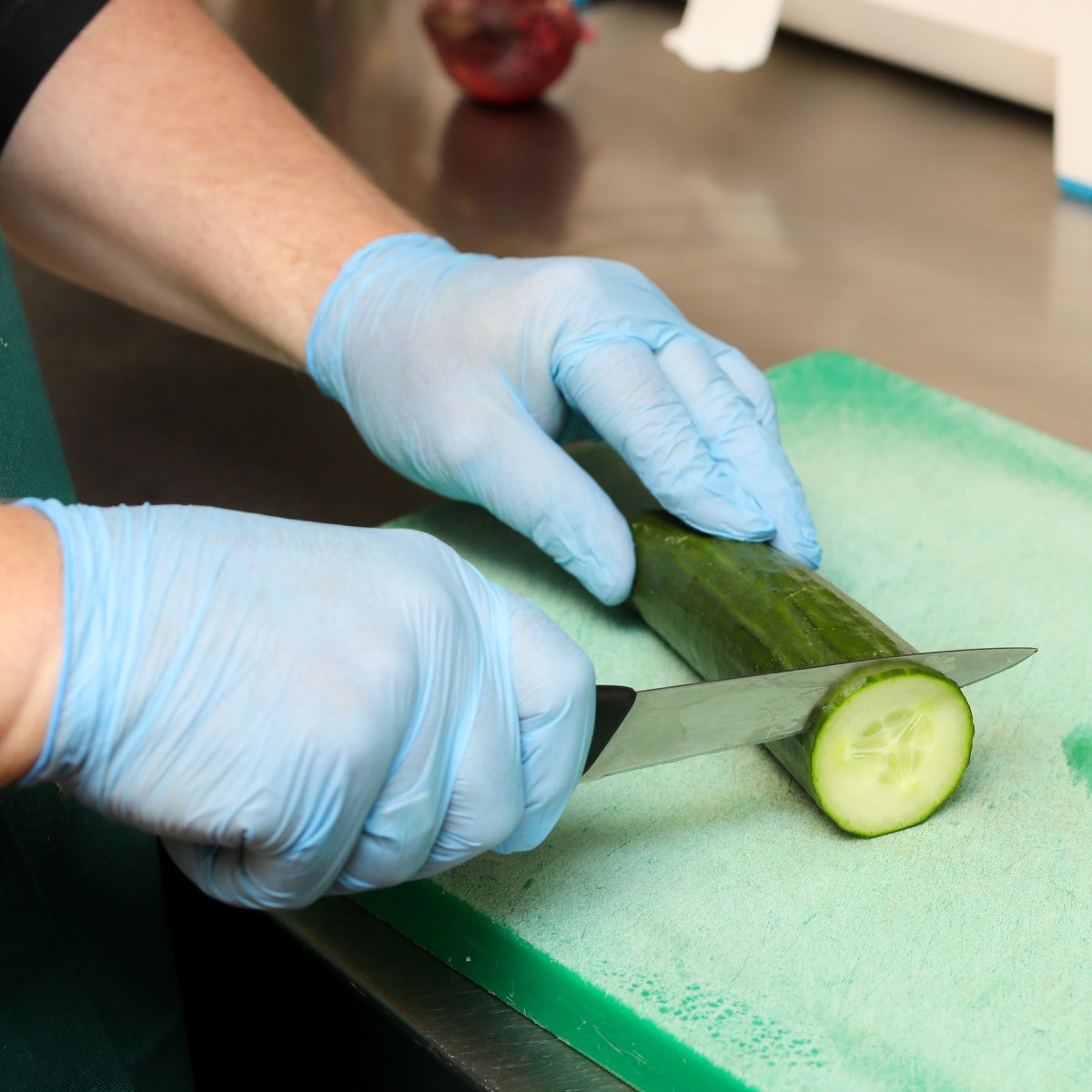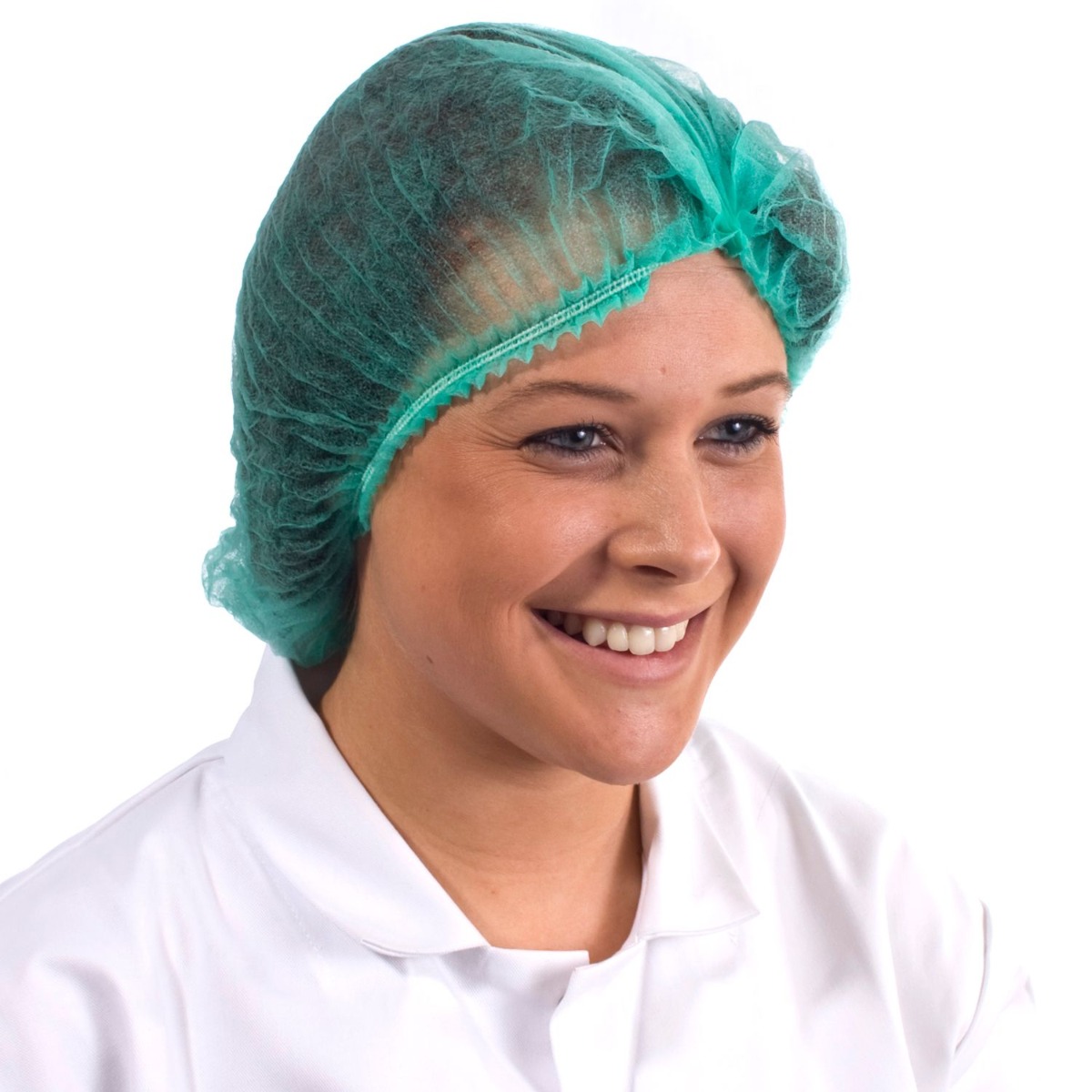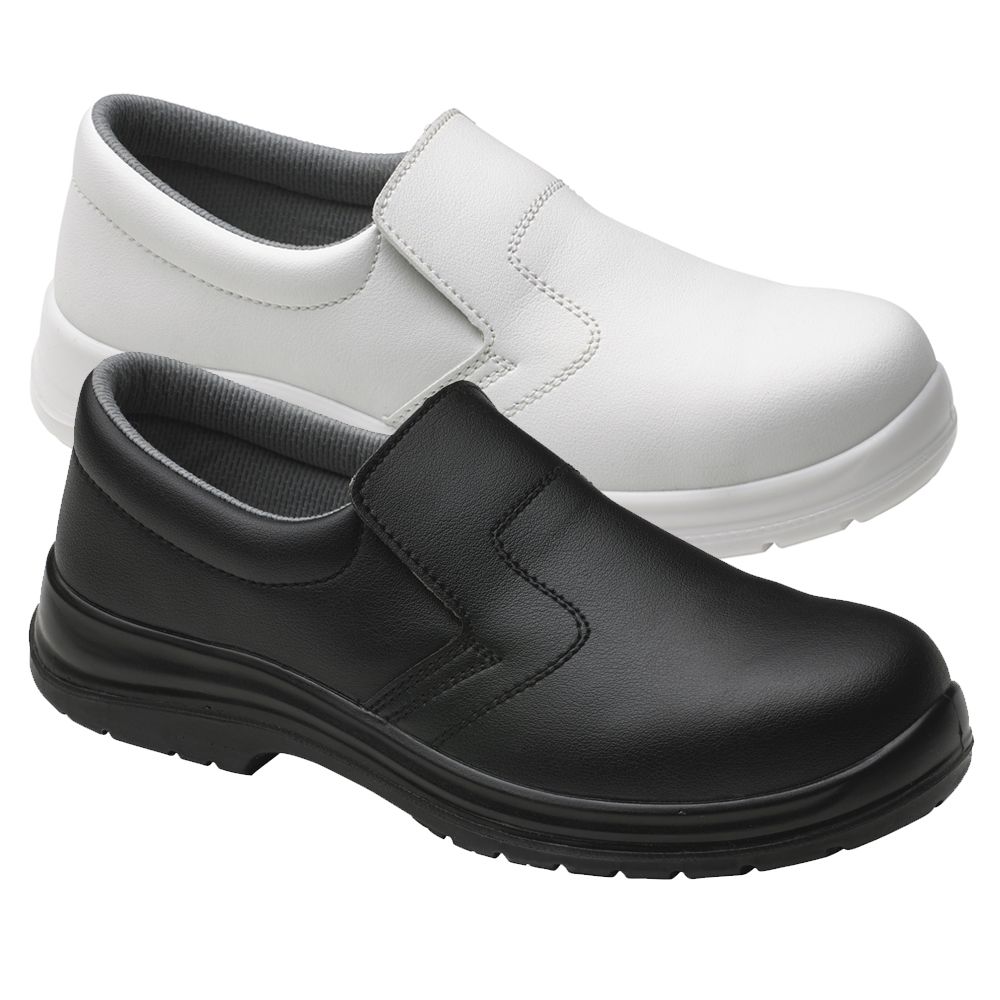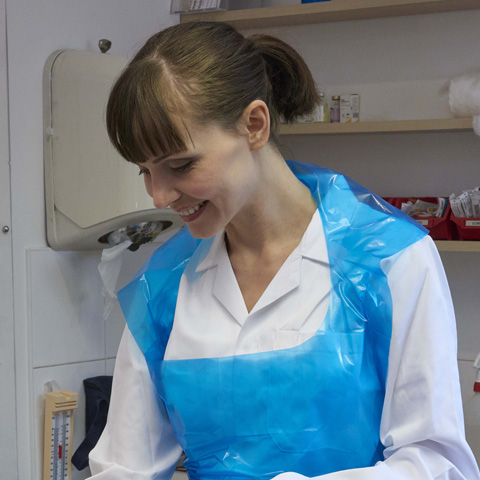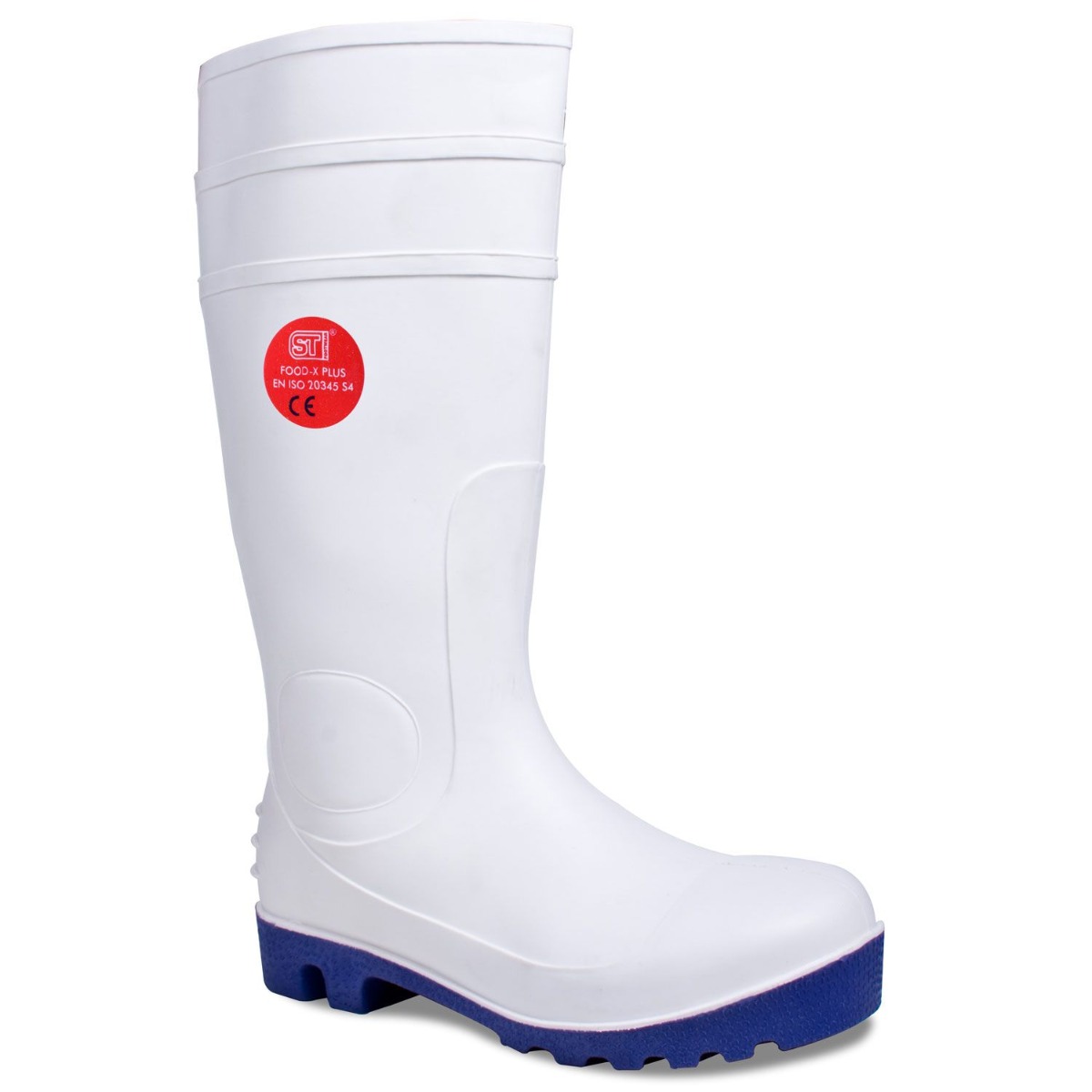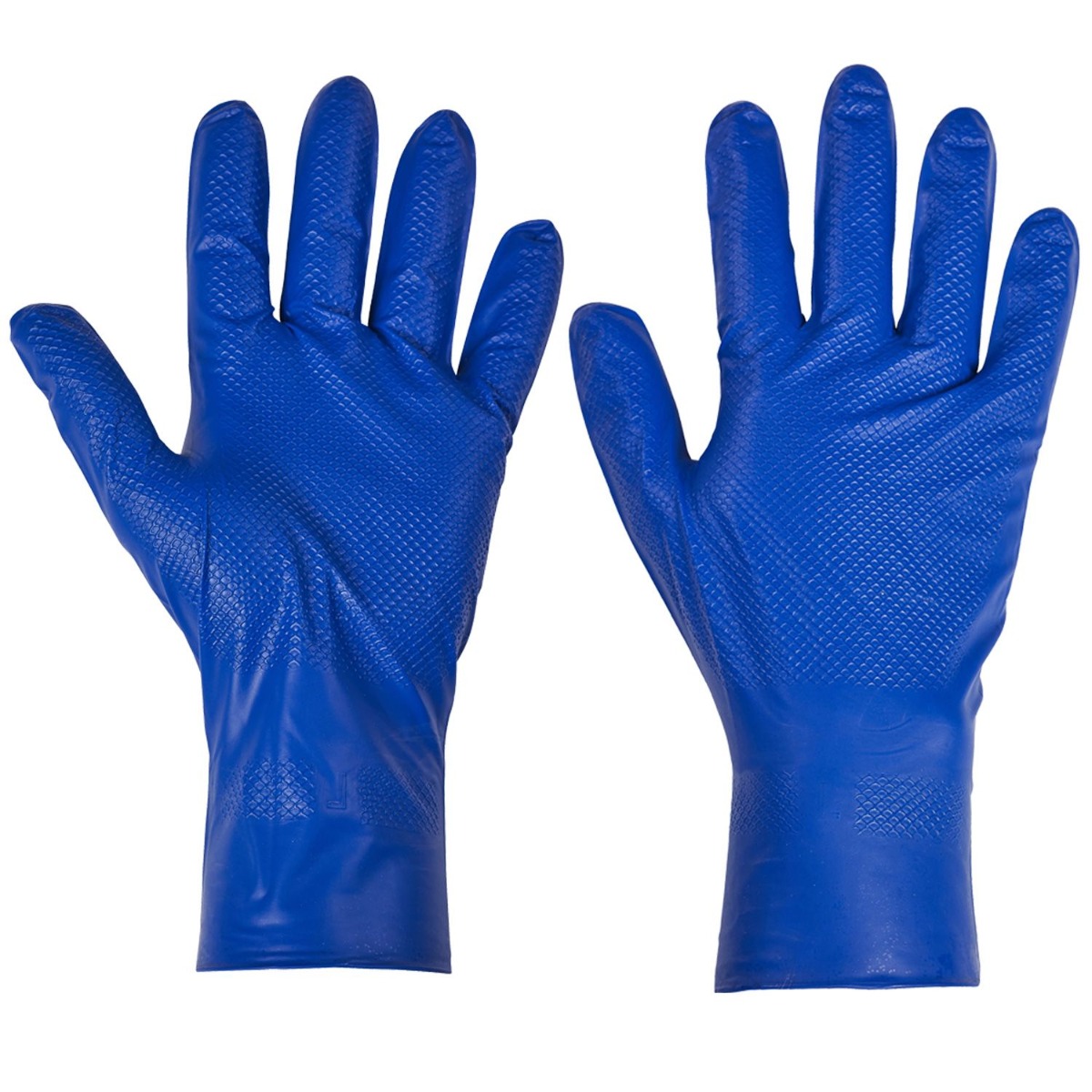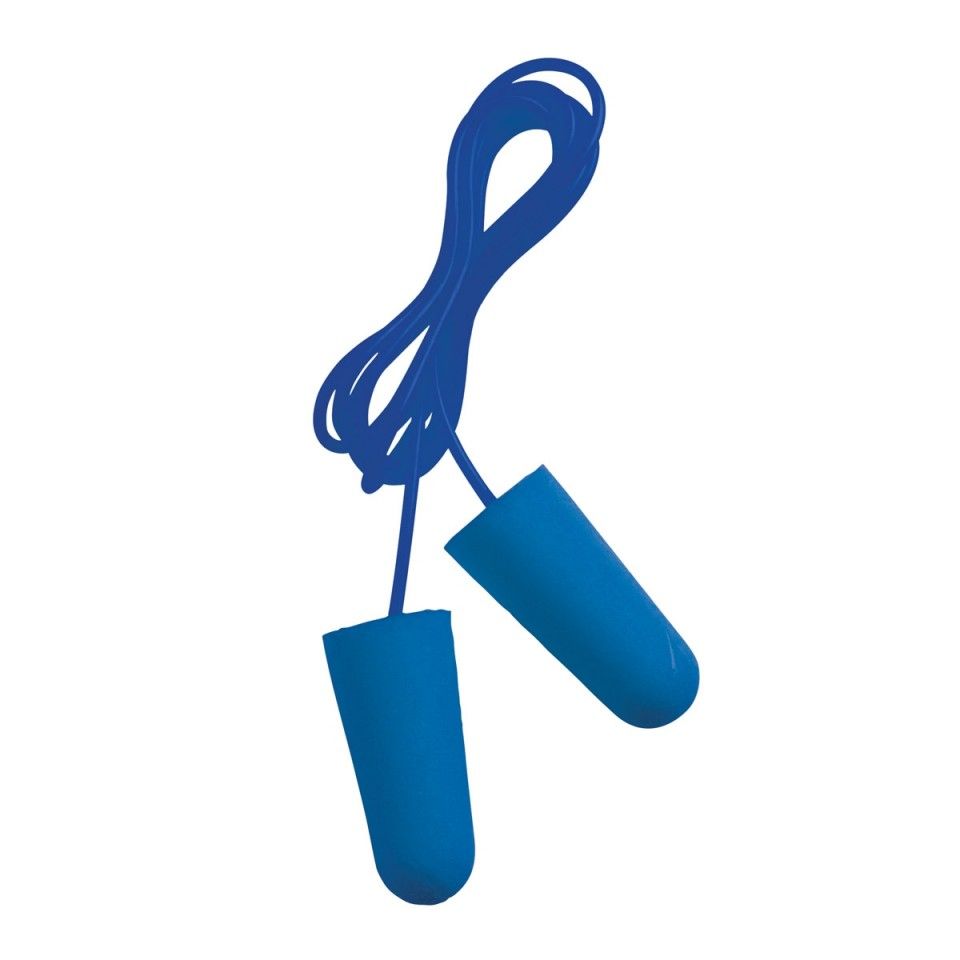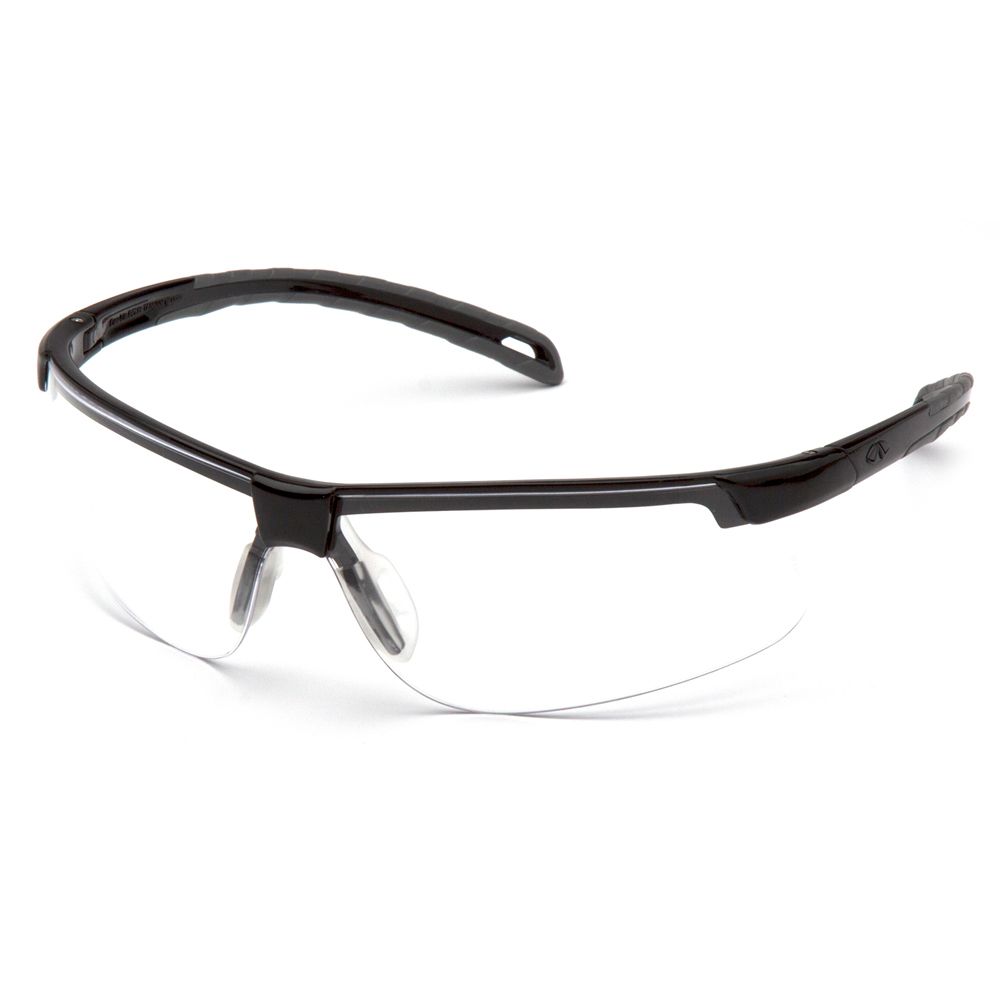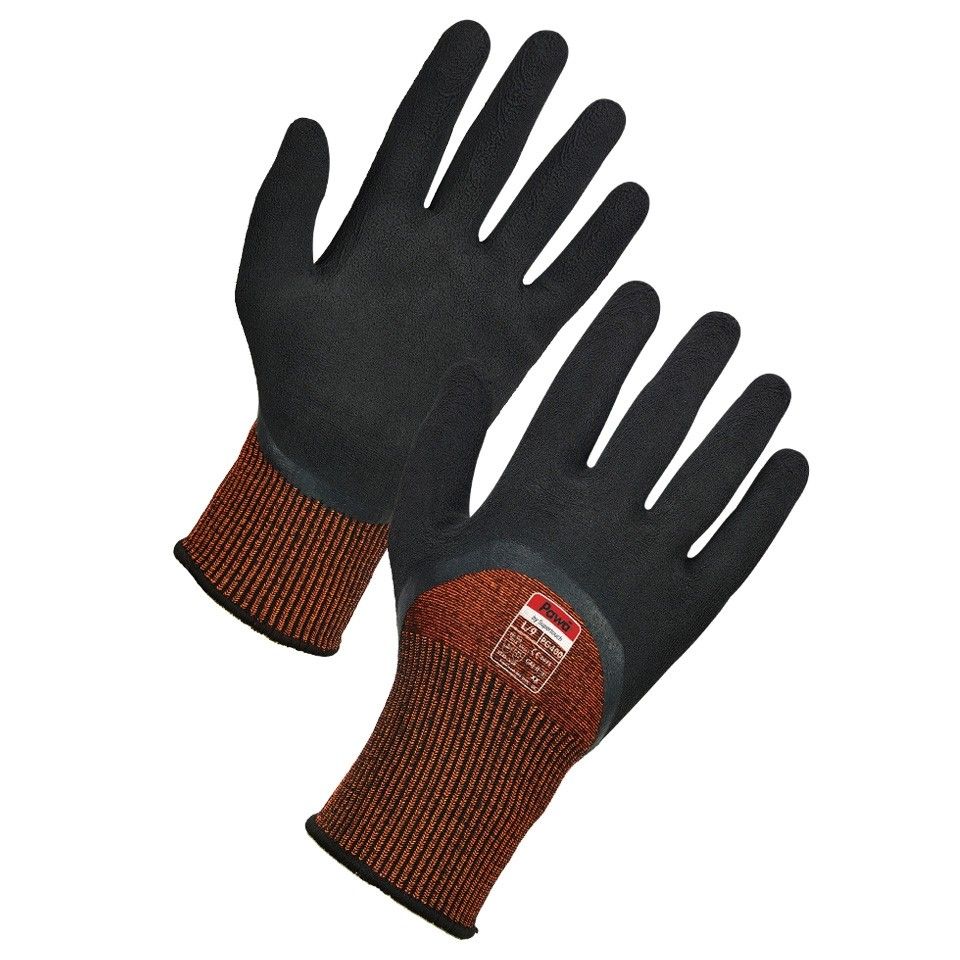Food Handling Workwear & PPE
In the food manufacturing sector, good safety and health practices are critically important for both industry workers and consumers of the product. With wide ranging, multi-faceted regulations and working practices in place, food processing businesses display some of the best compliance figures of any industry and as a result are some of the highest consumers of hygiene and PPE products today.
As such large proportions of operational budgets are invested in employee workwear and PPE, so procuring quality products at market leading prices is key to the financial success of food manufacturers.
Extensive sanitation, equipment maintenance and employee training provide the most tangible results when it comes to the safety performance of food manufacturers. However, specification of PPE not only provides a vital last line of defence against contamination and potential accidents, it also helps organisations manage and optimise their safety performance.
HAZARDS
Contamination
Control of contamination in food manufacture is a key element of Food Safety Standards. Contamination can occur directly (from body to food) or more indirectly, from food to hand to other food (cross-contamination).
Supertouch’s extensive range of disposable workwear provides specifiers and distributors a one-stop-shop for high quality, cost-effective hygiene solutions. From gloves to detectable mob-caps to food specific workwear, we’ve got you covered.
Our workwear and disposable ranges are available in a variety of colours enabling end users to manage the risk of cross-contamination through colour coding of production areas.
Slips, trips and falls
75% of injuries in this category occur due slips in food processing plants and can very often be serious or even fatal. Such injuries can be hugely costly to manufacturers due to lost production time or even fines. HSE guidelines state that floors which are likely to get wet, greasy or be subjected to spillages should be slip resistant, however where floors cannot be kept clean and dry, slip-resistant footwear should be used.
It is best practice to ensure all employees wear food approved, slip resistant footwear that has achieved SRC rating (see our guide on specifying the correct footwear). This will ensure high levels of slip resistance across the variety of different surfaces found in food processing facilities. According to the HSE, effective management of slips in the workplace can cut serious injuries by 50% or more.
Noise
With the ever-growing trend of mechanisation in food manufacturing facilities, noise is not only of concern for safety reasons, but also employee wellbeing. Loud noise can increase the risk of accidents by masking safety warnings while also causing fatigue and loss of concentration.
With over one million workers exposed to excessive noise and more than 17,000 suffering deafness or tinnitus (figures provided by HSE) caused by work related noise exposure, hearing protection is a fundamental element of PPE kit fit for the food industry.
Contact Dermatitis
Some workers can become sensitised to certain food products. Even small exposures can cause a reaction. Causes can include; shellfish, meat, poultry, flour, onions and garlic; herbs, seasoning and spices.
The same products that protect food from contamination such as disposable gloves and sleeves will protect workers from contact dermatitis. It is recommended to specify latex-free gloves such as nitrile, ultra nitrile or vinyl gloves. Read our blog on the optimising glove specification in the food industry here.
Airborne Particles
Although not a cause of many reportable injuries, minor injuries can be caused by ingredients getting into eyes. As with any factory environment non job specific PPE requirements are often standardised through the entire facility. It is always worth reviewing operations as well as any reported incidents to ensure the right level of protection or specific features are specified.
To read our guide on specifying eyewear, click here.

